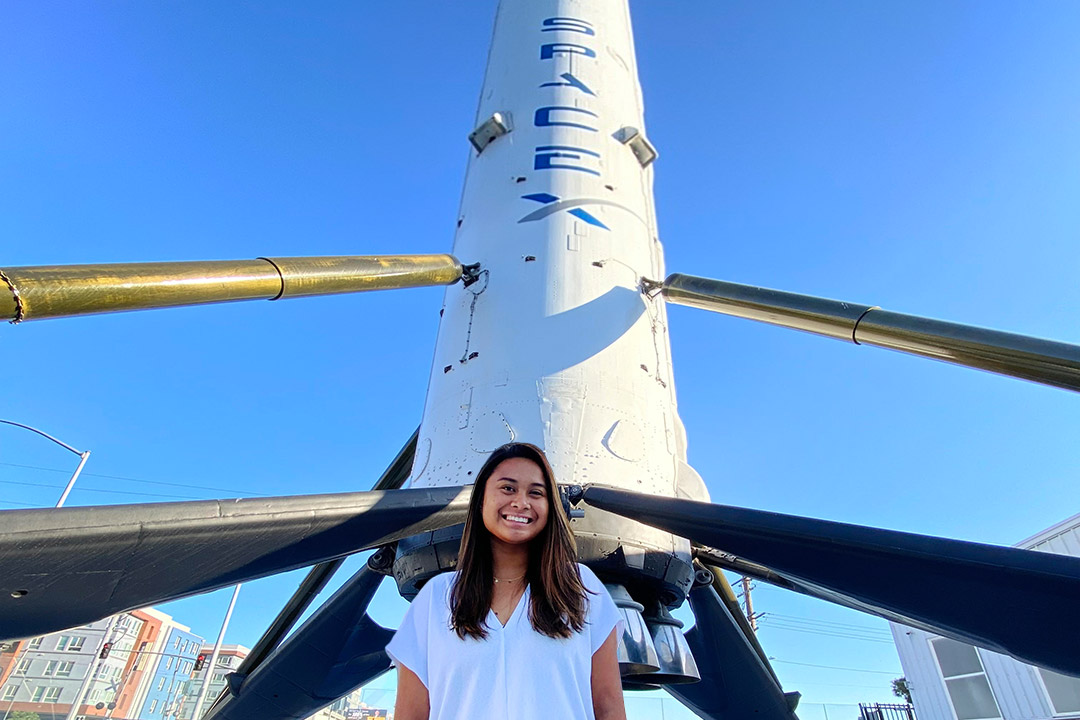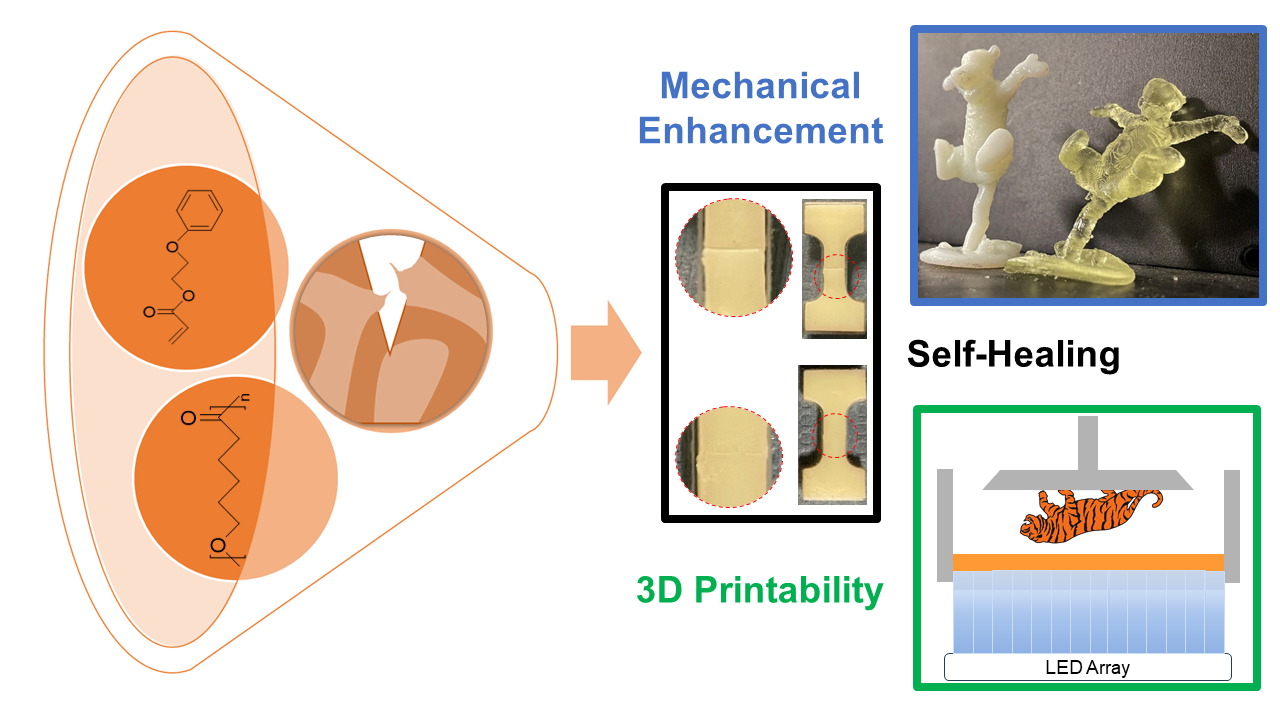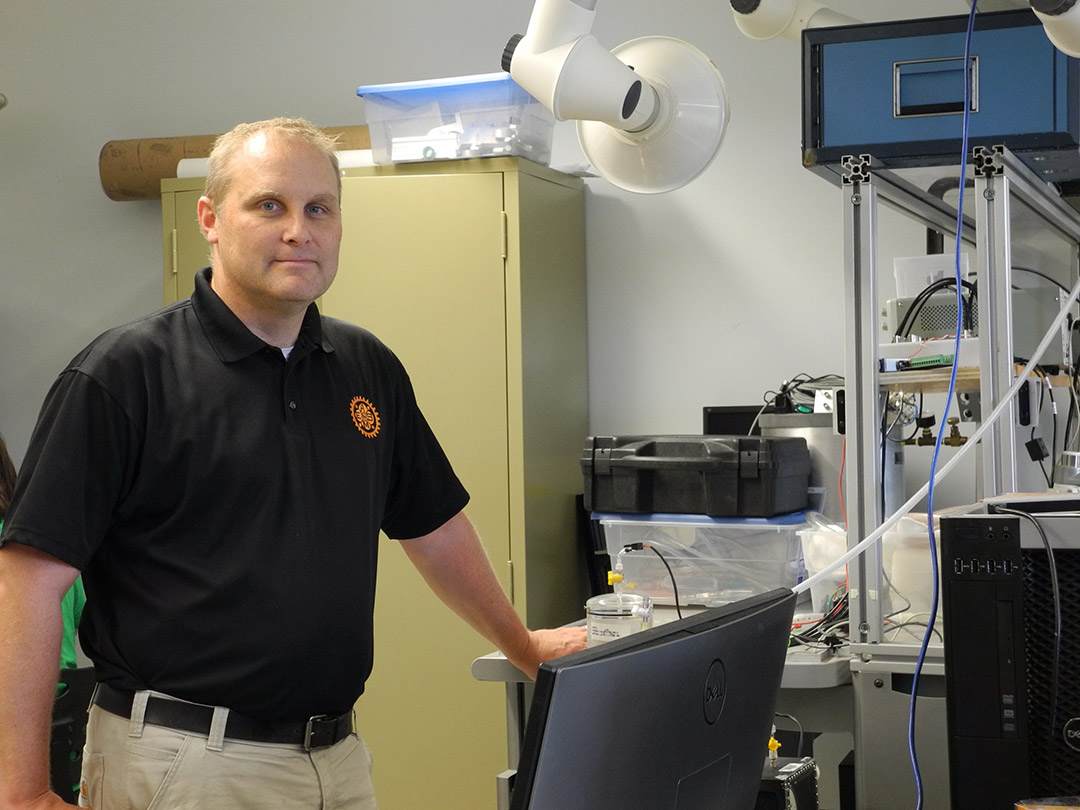A Novel Breast Cancer Detection Tool Powered by Inverse Heat Transfer Modeling
Effective treatment of breast cancer relies heavily on early detection. Routine annual mammography is a widely accepted screening technique that has resulted in significantly improving the survival rate. However, it suffers from low sensitivity resulting in high false positives from screening. To overcome this problem, adjunctive technologies such as ultrasound are employed on about 10% of women recalled for additional screening following mammography.

Effective treatment of breast cancer relies heavily on early detection. Routine annual mammography is a widely accepted screening technique that has resulted in significantly improving the survival rate. However, it suffers from low sensitivity resulting in high false positives from screening. To overcome this problem, adjunctive technologies such as ultrasound are employed on about 10% of women recalled for additional screening following mammography. These adjunctive techniques still result in a significant number of women, about 1.6%, who undergo biopsy while only 0.4% of women screened have cancers. The main reason for missing cancers during mammography screening arises from the masking effect of dense breast tissue. The presence of a tumor results in the alteration of temperature field in the breast, which is not influenced by the tissue density. In the present paper, the IRI-Numerical Engine is presented as an adjunct for detecting cancer from the surface temperature data. It uses a computerized inverse heat transfer approach based on Pennes’s bioheat transfer equations. Validation of this enhanced algorithm is conducted on twenty-three biopsy-proven breast cancer patients after obtaining informed consent under IRB protocol. The algorithm correctly predicted the size and location of cancerous tumors in twenty-four breasts, while twenty-two contralateral breasts were also correctly predicted to have no cancer (one woman had bilateral breast cancer). The tumors are seen as highly perfused and metabolically active heat sources that alter the surface temperatures that are used in heat transfer modeling. Furthermore, the results from this study with twenty-four biopsy-proven cancer cases indicate that the detection of breast cancer is not affected by breast density. This study indicates the potential of the IRI-Numerical Engine as an effective adjunct to mammography. A large scale clinical study in a statistically significant sample size is needed before integrating this approach in the current protocol.
Carlos Gutierrez, a doctoral candidate in the Engineering Ph.D. program, has recently published his dissertation research in Scientific Reports, Nature. Carlos has been working on a breast cancer research project in collaboration with Rochester General Hospital under the guidance of Dr. Satish Kandlikar in the Thermal Analysis, Microfluidics, and Fuel Cell Lab since 2019. His research focuses on the use of infrared imaging (IRI), bioheat transfer, and computational modeling in early detection of breast cancer and understanding cancer growth through a thermal perspective. Carlos has had the opportunity of presenting his work at the 2023 San Antonio Breast Cancer Symposium, the 2023 and 2024 RIT Graduate Showcase, and 2023 Society of Hispanic Professional Engineers (SHPE) National Convention. His research contributions and dedication to the fight against cancer has helped him receive the RIT Outstanding Graduate Student Award, 1st Place Presentation Award at the 2024 Graduate Showcase, and 3rd Place Research Poster Award at the 2023 SHPE National Convention.
Citation: Gutierrez, C., Owens, A., Medeiros, L., Dabydeen, D., Sritharan, N., Phatak, P., and Kandlikar, S. G., 2024, “Breast Cancer Detection Using Enhanced IRI-Numerical Engine and Inverse Heat Transfer Modeling: Model Description and Clinical Validation,” Sci Rep, 14(1), p. 3316.






